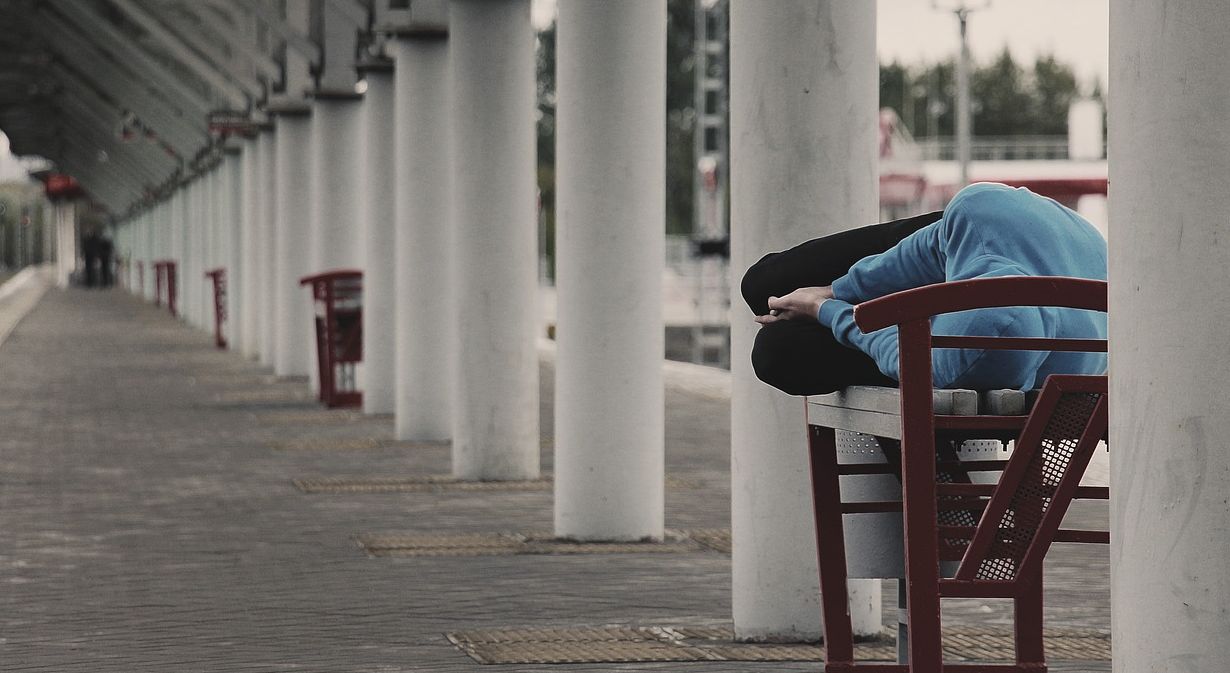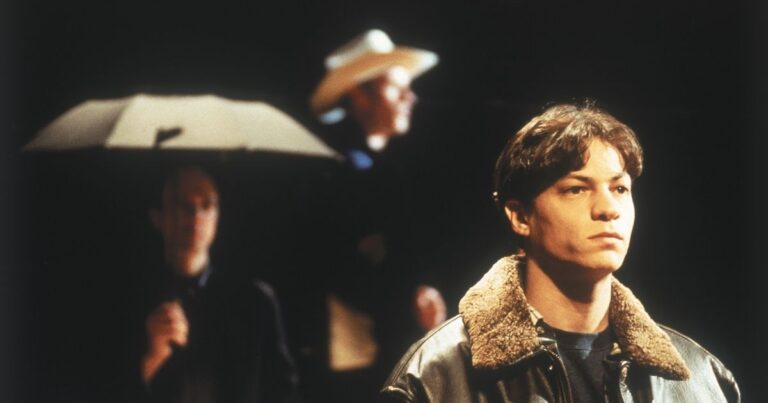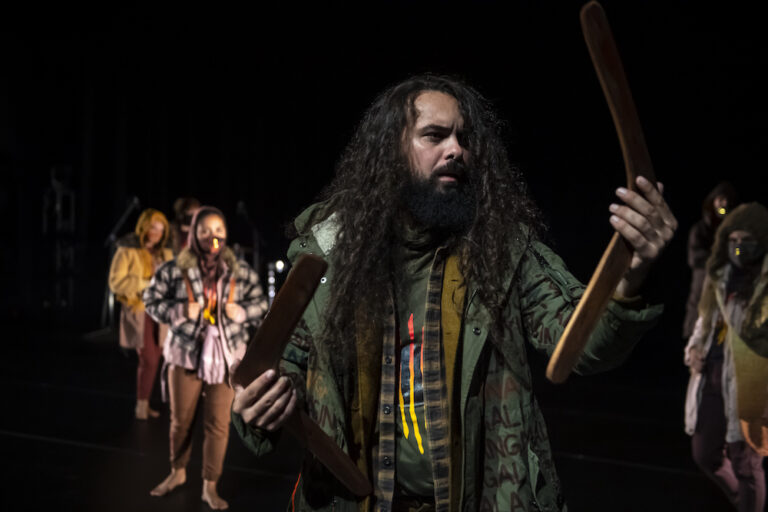
Pride in Protest: What are they fighting for?

By SOOFIA TARIQ
On March 6, a crowd of around 3,000 protesters gathered in Taylor Square, ahead of the official Sydney Gay and Lesbian Mardi Gras Parade at the Sydney Cricket Ground.
The protest was organised by activist group Pride in Protest, along with Community Action for Rainbow Rights, NSW Community Advocates for People in Prisons, DIY Rainbow, LGBTI Rights Australia and Sydney Bi+ Network.
The NSW Police took Pride in Protest to court in hopes of placing an injunction on the protest due to the march being expected to exceed COVID-19 gathering limits. However, for the first time NSW Health granted exemption to the event a day before, on the condition that increased COVID-19 safety measures are put in place.

On the day protesters marched down Oxford Street demanding ‘Black lives matter, kill the bill, no pride in detention and decriminalise sex work’.
Pride in Protest organiser, Evan Van Zij found the march to be a success.
“We have made sure that pride has taken over the street, that there’s been a real Mardi Gras taken over the streets,” he said.
“[We have] spoken about things like black lives matter and killing the religious freedoms bill and the job security it undermines and spoken about the decriminalisation of sex worker from state to state because workers should control their own workplace conditions not police.”
However, following the protest, the Sydney Gay and Lesbian Mardi Gras board voted to stand down board members Charlie Murphy and Alex Bouchet from Pride in Protest. The board cited conflict of interest and use of the “Mardi Gras” name in the advertising of the protest.
Pride in Protest believed it was their left-wing politics, on show in the protest, which led to them being stood down without warning.
But what was Pride in Protest’s colourful but controversial march actually all about?
Black Lives Matter
The protest stood in solidarity with Black Lives Matter movement.
The protest began as a response to the Mardi Gras Board voting down their petition to ban the NSW Police and Correctional Services from participating in the parade in December and Pride in Protest’s mission to return Mardi Gras to its’ ‘radical roots’ of an anti-police Mardi Gras. Despite this the police were present at the protest.
Greens MP Jenny Leong was in attendance and supported the demand that death in custody and over policing of Aboriginal communities needs to stop.
“We recognise that there is no justice in this land, while black people while Aboriginal people are dying at the rate that they had died in many cases at the hands of a systemic racist system,” she said.
A similar anti- police group, the Department of Homo Affairs later interrupted the official Sydney Gay and Lesbian Mardi Gras Parade and were escorted out by police.
Kill the Bill
The protest also called for the end to the Federal religious freedoms bill, as well as Mark Latham’s education amendments bill, arguing they are transphobic and undermine the job security, education and health care of Trans people.
April Holcombe, Community Action for Rainbow Rights co-convenor said of the bill, “this is just a discrimination bill.”
“We have had to fight for decades against that, but it never ends with these people in power and that’s why on April 17 Community Action for rainbow rights and other groups are coming together to fight it again, against this bill, but also to stamp out any question of the return of the religious freedoms bill.”

No pride in detention
Pride in Protest called for the end of mandatory detention and forced deportation of refugees and strongly advocated for no sexually testing of queer refugees.
There have been multiple reports from organisations such as the Refugee Council of Australia and the Human Rights Watch highlighting reports of gay asylum seekers being abused, assaulted and shunned on both Manus Island and Nauru.
Samoan lawyer and refugee rights advocate, Phineas Hartson, said LGBTI people looking to seek asylum in Australia have big “hurdles” they must overcome to do so.
“First of all that to make it to this country, and then the major hurdles actually applying for LGBTQ visa and those decisions, is the decisions that are made in the court system with the Department of Immigration, the Australian border force,” Hartson explained.
“It’s up to straight conservative, old, wealthy white men who are anti LGBTQ, and they make decisions about our lives.”
Decriminalise sex work
Red Umbrellas were prominent during the protest, symbolizing sex workers. The protesters called for sex work to be full decriminalised in every state and territory.
Currently, in New South Wales brothels and sex work are legal. However unless you own or manage a brothel, living on the earnings of a sex worker is illegal.
Rosalina Curtis, Chair of the Scarlet Alliance Aboriginal and Torres Strait Islander Working Group said, “we still don’t have the access to direct discrimination protections in New South Wales and we are still fighting for decriminalisation around Australia.”
“We need decriminalisation for sex workers to improve workers access to work health and safety and to stop us being harassed and arrested by police for being a sex worker,” she said.









